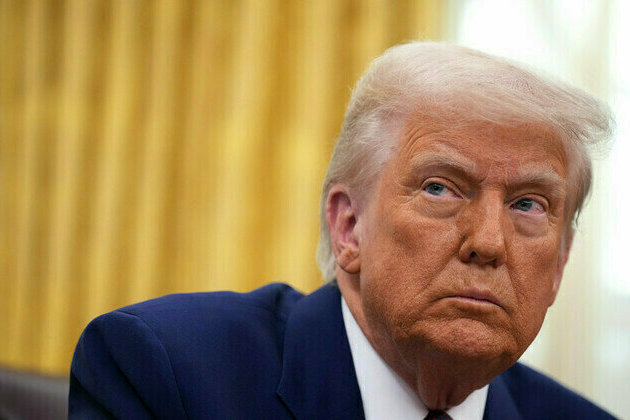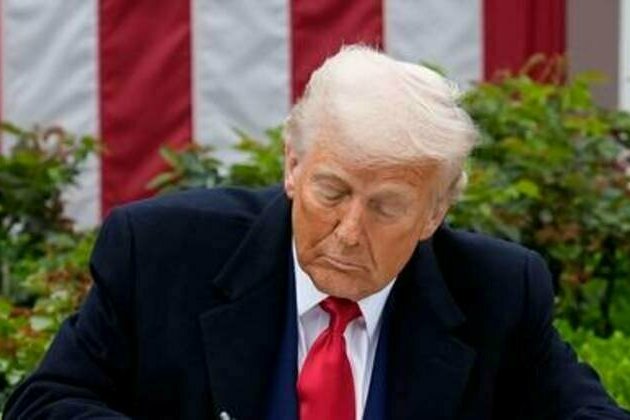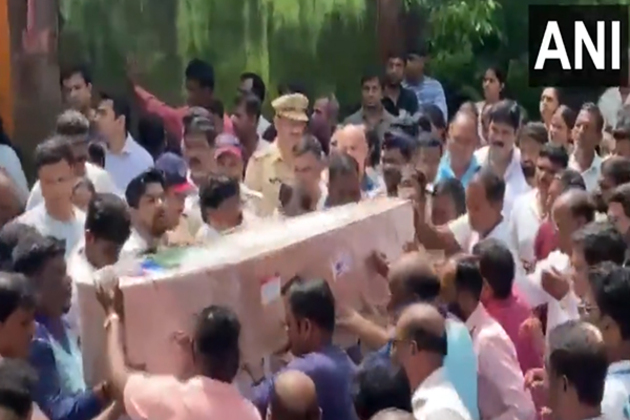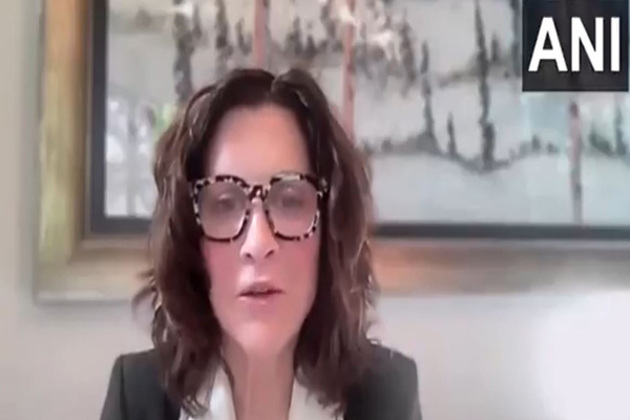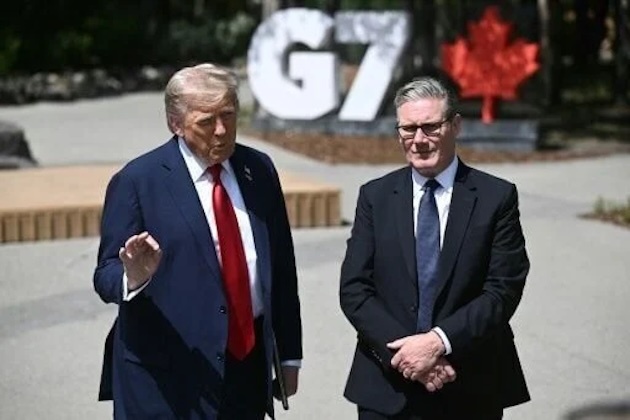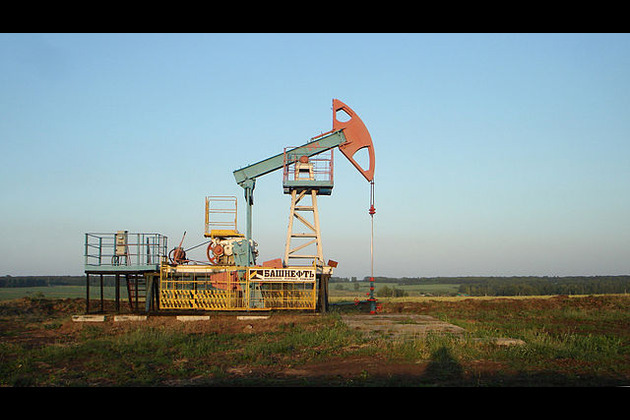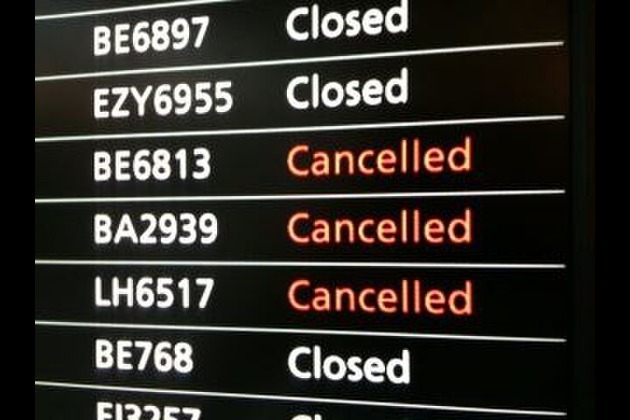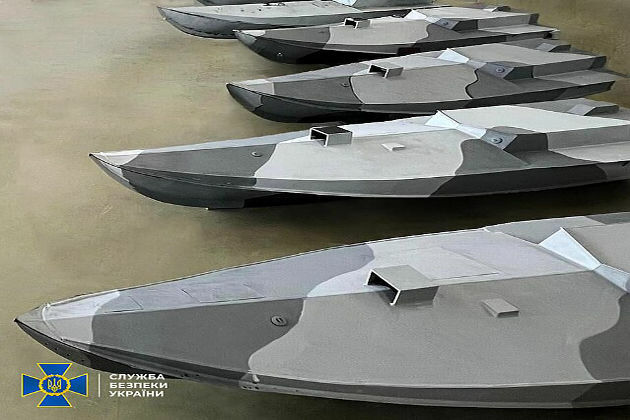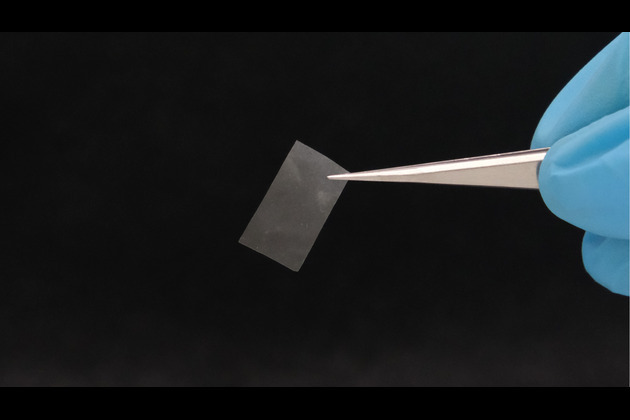Globsec Asks When Europe Will Step Up; Moldova Prepares For EU Summit
RFE
17 Jun 2025, 17:07 GMT+10
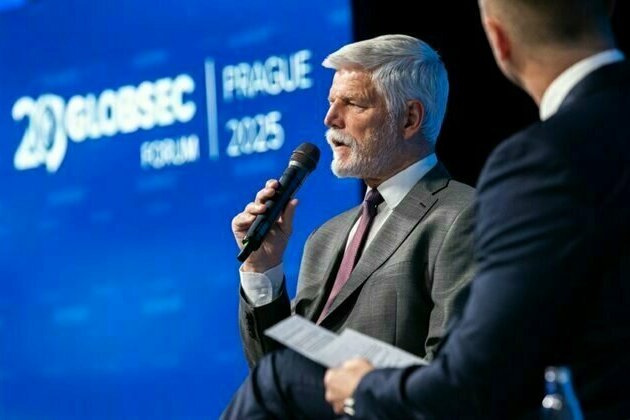
Welcome to Wider Europe, RFE/RL's newsletter focusing on the key issues concerning the European Union, NATO, and other institutions and their relationships with the Western Balkans and Europe's Eastern neighborhoods.
I'm RFE/RL Europe Editor Rikard Jozwiak, and this week I am drilling down on two issues: Globsecs big forum in Prague last week and the upcoming EU-Moldova summit.
Embed
share
Wider Europe Briefing: Globsec Asks When Europe Will Step Up; Moldova Prepares For EU Summit
byRFE/RL
Embed
share
The code has been copied to your clipboard.
The URL has been copied to your clipboard
Share on Facebook
Share
No media source currently available
0:00
0:12:42
0:00
Direct link
128 kbps | MP3
64 kbps | MP3
Pop-out player
Briefing #1: Globsec Forum Shows That Europe Isnt Ready To Pull Its Weight
What You Need To Know:For three days last week I covered the 20th edition of the Globsec forum in Prague -- arguably the biggest think tank event in Central Europe -- where policy analysts, diplomats and politicians come together to discuss the latest trends and issues in global politics.
This year's theme was Commanding (In) Chaos: Time For Europe To Step Up, and it became abundantly clear from most conversations in the Czech capital that Europe simply isnt capable of that anytime soon -- pretty much anywhere.
During the forum, news broke that Israel hadlaunched massive missile attackson Iran, targeting its nuclear program and killing several of Tehrans top military commanders and nuclear scientists.
With Iran striking back and threatening to hit other targets, including American ones, most speakers in Prague were caught off guard by the speed of events and only expressed hopes that the situation wouldnt escalate further.
It was, however, clear that Europe would have no role - most obviously and bluntly outlined by the Czech national-security adviser Tomas Pojar.
"Can the European Union now contribute realistically to escalation or de-escalation besides saying the right things?" he asked. "No, we cannot contribute. This is the reality, we are not a player, and we will not be a player."
Deep Background:Pojar also remarked that diplomacy is fine but if its not backed by economy and by army, its useless especially at a time of war and turbulence.
This was in the context of the Middle East but it also rang true for the EUs influence elsewhere as well -- even in its immediate neighborhood, such as Ukraine where the blocs member states are still locked out of any cease-fire or peace talks.
They are also struggling to come up with anything concrete in terms of a future military presence in Ukraine and continue look to the United States to provide security for the continent.
While participants at Globsec both privately and publicly questioned the chances of success for the administration of US President Donald Trump in dealing with Russian President Vladimir Putin, few seemed to like the idea of Europe without any type of US backing.
And in recent months it appears as if most have been sufficiently convinced by the United States that it is indeed committed to NATO's mutual defense - something that will be repeated when its 32 allies meet at the alliance's summit in The Hague next week.
NATO's director of nuclear policy, Jim Stokes, also affirmed that the US has been extremely clear about its commitment to the nuclear deterrence in Europe.
But fears remain going forward.
Opening the entire conference, Czech President Petr Pavel admitted that Washington had unsettled relations but urged Europe not to decouple from our American ally and added that Europe alone has the power to push Putin to the [negotiating] table.
Ukrainian Foreign Minister Andriy Sybiha agreed that Trump is essential for achieving peace and indicated a willingness to end the war as early as this year.
He also expressed hope that stronger economic sanctions on Russia would do the trick, pushing for the price cap on Russian oil to be lowered from the current $60 per barrel down to $30.
However, with war breaking out in the Middle East and oil prices rising sharply, serious doubts remain that the oil cap will come down at all.
Drilling Down
- Since Russia's full-scale invasion of Ukraine began more than three years ago, the West has been providing support but not nearly enough to swing the balance in Kyivs favor. The words of President Volodymyr Zelenskiy sounded very ominous when he told conference participants via video that, if Ukraine fails, Putin will go further. But no one was really quite sure how much time the rest of Europe had to prepare for that eventuality.
- Danish Europe Minister Marie Bjerre said that our goal must be that Europe can defend itself by 2030, whereas the Estonian Defense Minister Hanno Pevkur underlined that he wants to be ready in 3-5 days for Estonia to defend NATO.
- It appears that the continent is barely ready - at least for now. The European Commissioner for defense, Andrius Kubilius, said that Europe currently stands at 53 percent of what it is estimated to need in terms of defense capabilities.
- Former NATO Supreme Allied Commander Philip Breedlove summed up Europe's lack of investment in defense by asking: How do we overcome 30 years of procurement holiday when we have tried to hug the [Russian] bear for 30 years?
- But, even if Europe will spend more and at least appear to be on the right track, it was obvious from the debates that the continents awkward squad -- as an anonymous official called Hungary and Slovakia-- will shatter the consensus even on basic things.
- Balasz Orban, the political director of Hungarian Prime Minister Viktor Orban (no relation), made it clear that strengthening Europe does not equal strengthening Ukraine. Ukraine will not be a NATO country.
- And there might be soon be more governments in Europe that will make things more difficult. With Andrej Babiss populist ANO party expected to win Czech parliamentary elections later this fall, one of his closest allies, Karel Havlicek, also offered hints of a less consensual approach coming from Prague.
- While praising the alliance, he said that he doesnt agree that Russia is an immediate danger to NATO. He also appeared to shoot down a push by its Secretary-General Mark Rutte to get alliance members to spend 5 percent of GDP on defense and military-related investment in the next seven years by arguing that defense spending should not be about percentages, but about efficiency and transparency.
- The most gripping speech at the gathering came not from a politician or a diplomat. On the final day, Vlad Zadorin -- a former Ukrainian marine officer who spent 679 days in Russian captivity -- told a stunned audience about the horrors he endured.
- With quiet composure, he explained how hunger was the worst part of his incarceration. "I used to be a burly marine who weighed 120 kilos," he said. "After my release, I weighed 60. I learned to eat household soap, snails, and worms."
Briefing #2: EU Plans Historic Moldova Summit But Stays Vague On Accession Timeline
What You Need To Know:In a historic first, the European Union will hold a summit with Moldova in Chisinau on July 4, a move signaling deeper political ties.
A draft of the summit declaration, seen by RFE/RL, says such meetings will become a regular feature of EU-Moldova relations.
On the other hand, the document is vague about the speed of the countrys EU accession process. It also urges Chisinau to do more about fighting corruption but curiously omits any mention of sanctions.
The text notes that the EU will accelerate and further deepen its political and policy engagement with Moldova including, inter alia, through the holding of regular EU-Moldova Summits.
This is a clear sign that Brussels is serious about forging a closer political relationship with Chisinau.
Normally, the EU only holds summits with larger countries like, for example, Brazil, China, Japan, or the United States. Since 1997, it has also held annual summits with Ukraine, and it held a summit with Turkey back in 2018 as well.
In contrast, other EU candidate countries -- such as Albania, Bosnia-Herzegovina, Kosovo, Montenegro, North Macedonia, and Serbia -- are not yet being offered individual summits with Brussels and must content themselves with annual EU-Western Balkans summits instead.
Deep Background:Brussels officials who spoke to RFE/RL say that the Moldova meeting is meant as a political recognition of pro-EU President Maia Sandus reform efforts and the liberal governments support for her ahead of parliamentary elections on September 28. Opinion polls are showing that her Party of Action and Solidarity (PAS) has lost support and may even lose power in the autumn.
The biggest carrot that Brussels wants to offer Moldova is to finally commence EU accession talks. The text of the draft declaration notes that Brussels looks forward to the next steps in Moldovas accession process, opening negotiating clusters, starting with the fundamental cluster as soon as possible.
The fundamental cluster is Brussels lingo for all the rule of law legislation that an EU candidate country has to enact before it is eligible to join the bloc.
Interestingly, an earlier draft seen by RFE/RL had opening all negotiating clusters but the word all has been removed in the latest version of the text.
This indicates that some EU member states -- which need to unanimously decide on opening and closing all accession-related files -- are casting doubt on the European Commissions goal of opening negotiations on all 33 policy chapters by the end of this year.
Rumors in Brussels diplomatic circles are swirling about animminent decoupling of Moldova and Ukraine.
The two countries have so far walked together toward EU membership, with both getting candidate status in June 2022, for example.
However, with Hungary currently blocking Kyivs accession path, there have been suggestions that Moldova could be allowed to move ahead independently.
Drilling Down
- While the draft declaration is generally complimentary about Chisinau, it does contain some thinly veiled criticism on certain key issues.
- Brussels still has concerns about graft and the text notes that in light of the upcoming elections, we also underscore the need to further strengthen the anti-corruption framework to uphold transparency, accountability and the integrity of the electoral process.
- Another line of the declaration underlines that only some progress has been made in areas such as judicial independence, increased transparency, and modernizing the administration of courts.
- While summit communiques rarely offer up stirring language of any sort, the current draft is scathing on Russia, condemning Moscow for persistent hybrid threats aimed at undermining democratic elections in Moldova, including information manipulation and interference, and the use of large-scale electoral corruption through local proxies.
- It also accuses the Kremlin ofweaponizing energylast winter with the goal of destabilizing the country.
- On Transdniester, a separatist enclave on the left bank of the Dniester River, the document calls on Russia to withdraw all military personnel there.
- It is estimated that there are around 1,500 troops with Russian passports in the breakaway region, which has been administered by a de facto separatist government with Moscow's backing since the Soviet Union collapsed in the early 1990s.
- There has also been growing discussion in both Chisinau and Brussels about applying a so-called Cyprus model to Moldova. When Cyprus joined the EU in 2004, the entire island was admitted, even though the EUs laws only applied in the south, which is controlled by the internationally recognized government. The northern part, administered by a Turkish-backed separatist authority, remains outside EU law.
- The draft declaration leaves this possibility open for Chisinau by noting that the EU will continue to support Moldovas reintegration efforts and will ensure that the European path remains open and inclusive to all its citizens.
- Interestingly, there is no mention of any newsanctionson individuals with close links to Russia.
- Since 2023, the EU has slapped asset freezes and visa bans on 16 Moldovan individuals. This list includes the oligarchs Ilan Shor and Vladimir Plahotniuc, who the bloc believes have undermined the territorial integrity of the eastern European country.
Looking Ahead
The European Parliament is holding a full plenary session this week in Strasbourg. Look out for a debate on June 18 about the detained Georgian journalist Mzia Amaghlobeli.
Facing up to seven years in jail for allegedly slapping a police officer, the reporter's case has become widely watched since her arrest in January during protests in the South Caucasus republic that followed controversial parliamentary elections in October.
The chamber will also pass a nonbinding resolution on her case on June 19, calling for her immediate release
That's all for this week!
Feel free to reach out to me on any of these issues on X @RikardJozwiak, or on e-mail [email protected].
Until next time,
Rikard Jozwiak
If you enjoyed this briefing and don't want to miss the next edition subscribehere.
 Share
Share
 Tweet
Tweet
 Share
Share
 Flip
Flip
 Email
Email
Watch latest videos
Subscribe and Follow
Get a daily dose of Illinois Intelligencer news through our daily email, its complimentary and keeps you fully up to date with world and business news as well.
News RELEASES
Publish news of your business, community or sports group, personnel appointments, major event and more by submitting a news release to Illinois Intelligencer.
More InformationNorth America
SectionGlobsec Asks When Europe Will Step Up; Moldova Prepares For EU Summit
Welcome to Wider Europe, RFE/RL's newsletter focusing on the key issues concerning the European Union, NATO, and other institutions...
"Living in constant fear...": Shakira on being an immigrant in US
Washington [US], June 17 (ANI): Grammy-winning singer Shakira has voiced her concern about the challenges faced by immigrants in the...
Trump snubs Zelensky meeting
The White House said the US president had to leave the G7 summit due to the ongoing Israel-Iran stand-off US President Donald Trump...
More African countries face US visa ban - media
The State Department has reportedly cited weak identity document systems, government fraud, and overstays as reasons for their inclusion...
AI-171 crash: Crew member Maithili Patil's mortal remains brought home to Raigad
Raigad (Maharashtra) [India] June 17 (ANI): The mortal remains of Maithili Patil, a crew member on the ill-fated Air India flight that...
Vancouver lawmaker hails G7 invite to PM Modi says, "Canada could do nothing but benefit"
Vancouver [Canada], June 17 (ANI): Canadian lawyer and MLA for Vancouver-Quilchena in British Columbia, Dallas Brodie, has welcomed...
International
SectionTrump leaves G7, calls for evacuation of Iran's capital
CALGARY, Alberta, Canada - U.S. President Donald Trump has announced he is leaving the G7 summit after just one day, and after refusing...
Crude spikes as Israel-Iran conflict reignites supply concerns
HOUSTON, Texas: Crude oil surged to multi-month highs this week, driven by escalating tensions in the Middle East after Israel launched...
Airlines reroute planes after Israeli strikes spark airspace chaos
SEOUL/LONDON: A wave of flight cancellations and diversions swept across the airline industry on June 13 after Israel launched strikes...
Ukraine sea drone success inspires Taiwan defense plans against China
WUSHI, Taiwan: Inspired by how Ukraine has used sea drones effectively against Russia in the Black Sea, Taiwan is learning how to use...
Scientists in Zurich develop living material with unique properties
ZURICH, Switzerland: In a breakthrough that could reshape the future of sustainable materials, scientists at Empa's Cellulose and Wood...
Boeing under scrutiny after deadly Dreamliner crash in India
SEATTLE/BENGALURU: Boeing is once again under scrutiny following the crash of an Air India 787-8 Dreamliner that killed nearly all...


